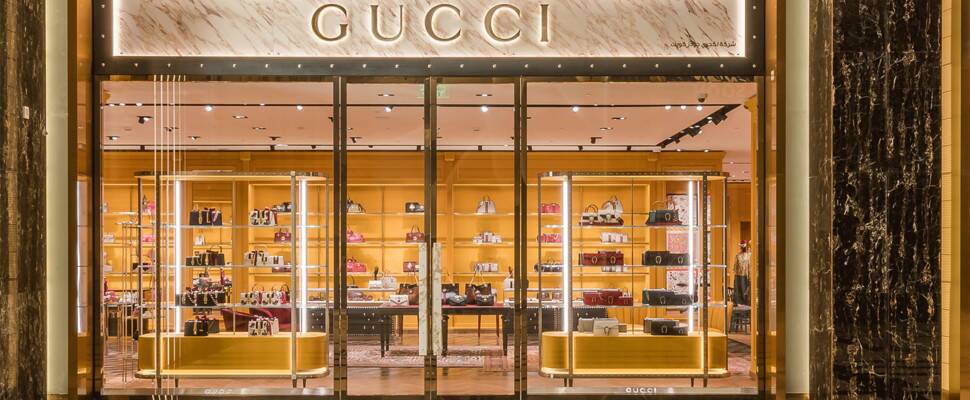Alessandro Michele, Gucci’s creative director, announced his intentions to scale back the luxury fashion brand’s yearly fashion show events on May 24.
“I will abandon the worn-out ritual of seasonalities and shows to regain a new cadence,” Michele wrote in an Instagram post. Moving to just two shows a year, Michele’s strategy is paving the way forward for Gucci to lead a more sustainable and realistic existence in a post-pandemic world.
Prior to this, Gucci debuted its collections in five yearly fashion shows that comprised of “cruise, pre-fall, spring-summer, (and) fall-winter” shows, according to Michele.
Michele’s announcement comes as the fashion industry tries to figure out how it will adapt business operations in light of the coronavirus pandemic. This pandemic has caused many companies to take a step back and evaluate their actions, including leaders in the fashion industry.
“These days of confinement, in a suspended time that we can hardly imagine as free, I try to ask myself what is the meaning of my actions,” Michele wrote. “It’s a vital and urgent questioning for me, which demands a careful pause and a delicate listening.”
Michele’s reevaluation of his leadership and the brand’s actions comes as an attempt to decrease Gucci’s environmental footprint.

Photo from ft.com
“Our reckless actions have burned the house we live in. We conceived of ourselves as separated from nature, we felt cunning and almighty. We usurped nature, we dominated and wounded it,” Michele wrote.
But this sustainable foot forward isn’t new for Gucci. In 2015, the company announced its “Culture of Purpose” sustainability plan, a ten year strategy aimed at reaching various social and environmental goals by 2025.
“These targets drive us forward every day to generate positive change for people and (the) planet,” according to Gucci’s website.
Gucci’s sustainability goals include reducing the company’s greenhouse gas emissions and increasing its reliance on renewable energy. In an effort to reach both of these goals, Gucci announced it had become carbon neutral in 2019 in an interview with the Guardian.
This effort comes as research shows just how hurtful the fashion industry’s environmental footprint is to the planet. According to a 2018 United Nations Environment Program report, “the fashion industry produces 20% of global wastewater and 10% of global carbon emissions,” which is “more than all international flights and maritime shipping.”
Before committing to being carbon neutral, Gucci noted its supply chain strategy attributed to about 90% of the brand’s total greenhouse gas emissions. This led the brand to commit more to renewable energy use, as well as scaling back some of its yearly fashion commitments.
Michele’s announcement this May shows that Gucci is maintaining its sustainability commitments, even in the midst of a pandemic, by actively evaluating the company’s climate change contributions. The luxury fashion brand and its leadership continue to reassess the company’s environmental impact to find ways it can adjust its existing behaviors to ensure it takes more responsible and sustainable steps forward in the future.





